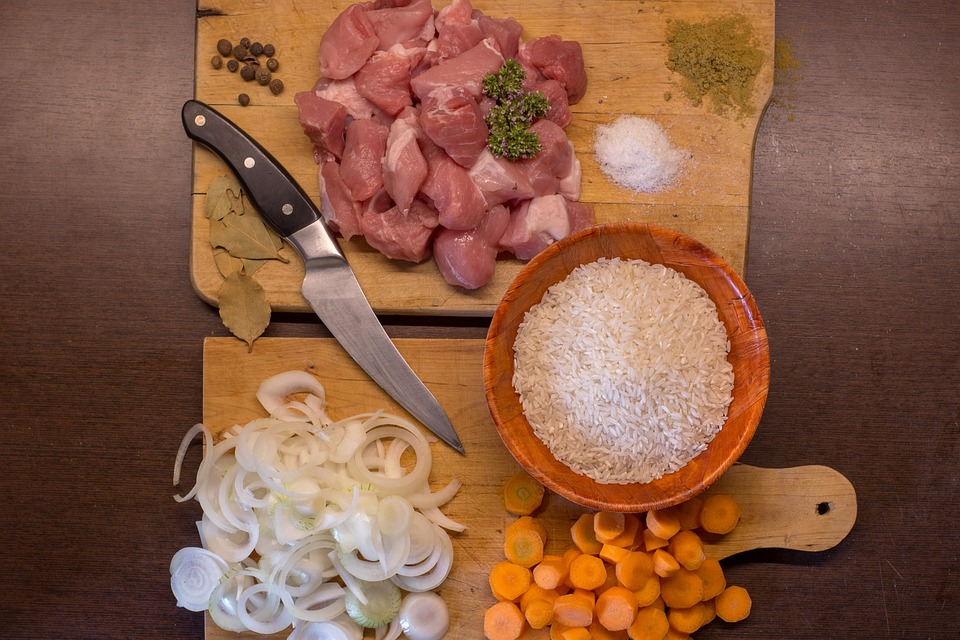Acid reflux, also known as gastroesophageal reflux disease (GERD), is a common condition that occurs when stomach acid flows back up into the esophagus. This can cause symptoms such as heartburn, chest pain, and difficulty swallowing. While medication can help manage acid reflux, making changes to your diet can also play a significant role in reducing symptoms.
One important aspect of managing acid reflux is choosing the right foods to eat, especially at dinner time. Here are some healthy and tasty dinner options that can help provide relief from acid reflux:
1. Lean proteins: Opt for lean proteins such as skinless chicken, turkey, fish, and tofu. These options are lower in fat and are less likely to trigger acid reflux symptoms compared to higher-fat meats like beef or pork.
2. Vegetables: Vegetables are an essential part of a healthy diet and can help reduce acid reflux symptoms. Choose non-acidic options such as broccoli, carrots, green beans, and leafy greens. Avoid acidic vegetables like tomatoes, onions, and peppers, which can exacerbate symptoms.
3. Whole grains: Incorporating whole grains into your dinner can help provide relief from acid reflux. Choose options like brown rice, quinoa, and whole wheat pasta, which are rich in fiber and can help regulate digestion.
4. Low-fat dairy: Dairy products can be a trigger for acid reflux for some people, but low-fat options like yogurt, milk, and cheese may be better tolerated. Opt for plain or Greek yogurt, which can help soothe the digestive tract.
5. Healthy fats: While high-fat foods can exacerbate acid reflux symptoms, incorporating healthy fats like avocado, olive oil, and nuts into your dinner can be beneficial. These fats are less likely to trigger reflux and can provide essential nutrients for overall health.
6. Herbs and spices: Flavor your meals with herbs and spices like ginger, turmeric, and cinnamon, which have anti-inflammatory properties and can help reduce acid reflux symptoms. Avoid using excessive amounts of salt, pepper, and spicy seasonings, as they can irritate the esophagus.
7. Small, frequent meals: Instead of eating large meals, opt for smaller, more frequent meals throughout the day. This can help prevent overeating and reduce the likelihood of acid reflux symptoms occurring after dinner.
It’s important to note that everyone’s triggers for acid reflux can vary, so it’s essential to pay attention to how your body responds to different foods. Keeping a food diary can help you identify which foods may be causing your symptoms and make necessary adjustments to your diet.
In addition to making changes to your dinner options, it’s also important to practice healthy eating habits, such as eating slowly, avoiding lying down immediately after eating, and maintaining a healthy weight. By incorporating these healthy and tasty dinner options into your diet and making lifestyle changes, you can help provide relief from acid reflux and improve your overall digestive health.




